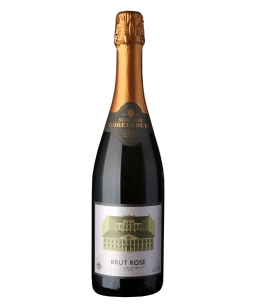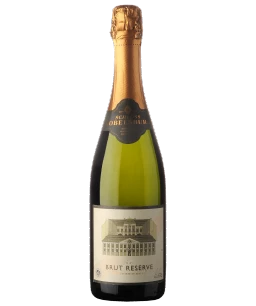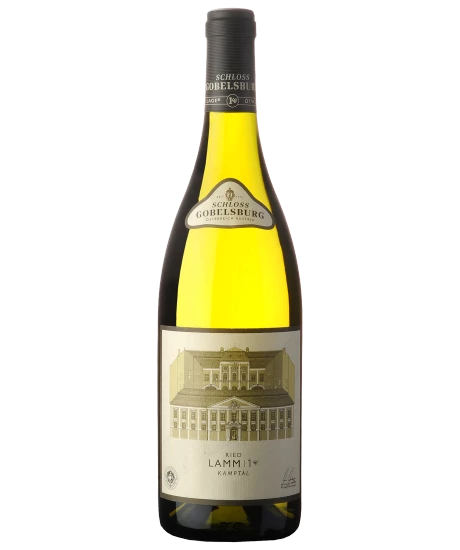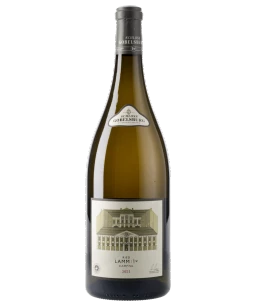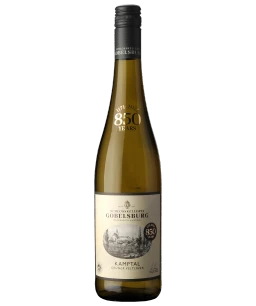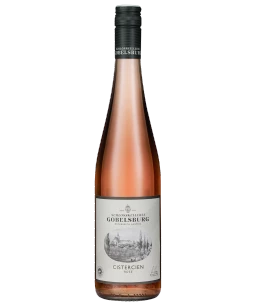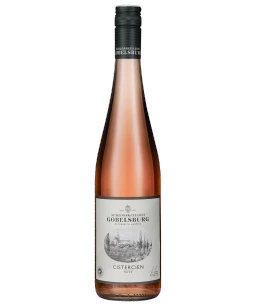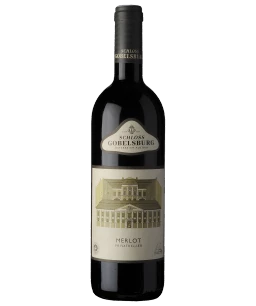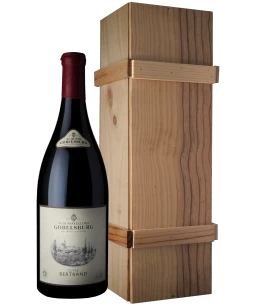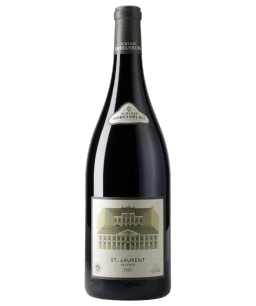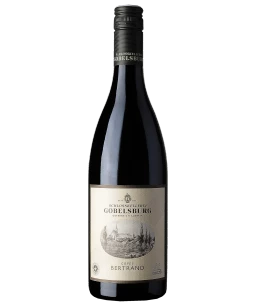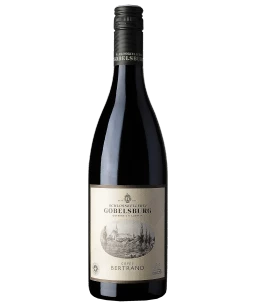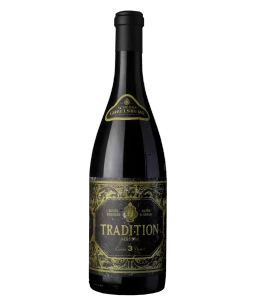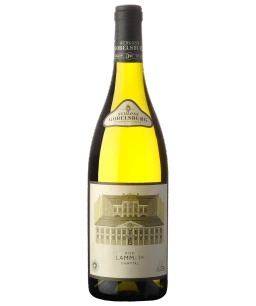Weingut Schloss Gobelsburg
The first written evidence of Schloss Gobelsburg dates from 1074, but it was in 1171 that the Cistercian monks from the Zwettl monastery obtained the first vineyards at Heiligenstein and at Gaisberg in the Kamptal. Visitors entering the baroque-style complex built on a slight mound sense this tradition, this spirit, this experience accumulated over the centuries. The view takes in all the surroundings, from the village of Gobelsburg to the vine-covered hills of Heiligenstein. Inside, near the parish church where couples say yes for life, when the weather is pleasant, the pretty and romantic garden invites all to rest for a while.
Grüner Veltliner and Riesling cover most of the countryside, while Zweigelt, Pinot Noir, St. Laurent and Merlot occupy about a quarter of the surface. Production guidelines are strict, and the winegrowing has adapted to the latest developments while still respecting the methods practiced by the monks. Wines are vinified and aged exceptionally gently. The Gobelsburg team tries to obtain authentic wines which respect and express their origin’s personality and individuality. Michael Moosbrugger’s ingeniously simple idea illustrates this quest for progress: casks on wheels use gravity to avoid damaging the wine through pumping. The casks are made from wood from nearby Manhartsberg and not from popular French or American oak.
Sparkling wines from Weingut Schloss Gobelsburg
White wines from Weingut Schloss Gobelsburg
Rosé wines from Weingut Schloss Gobelsburg
Red wines from Weingut Schloss Gobelsburg
Sweet wines from Weingut Schloss Gobelsburg
Delicatessen from Weingut Schloss Gobelsburg
from Weingut Schloss Gobelsburg
The association of Österreichische Traditionsweingüter (traditional Austrian estates), of which Schloss Gobelsburg is a member, pays particular attention to respecting the special attributes of each plot. Their individual characteristics give the wine a particular tone, and the nuances of soil and exposure can be expressed. The best example of this classification can be found in the 'Erste Lagen' which deliver a great complexity when aged (Heiligenstein, Lamm and Grub for example) delivering the subtleties specific to each individuality. That's when we see the meaning of the Cistercian proverb: “He who drinks good wine sees God”.
Producer
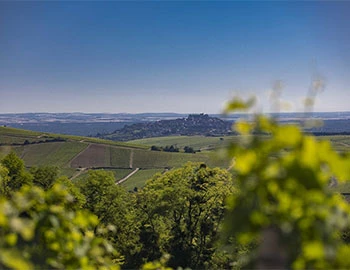
G. & J. Guillerault / Sebastian Fargette
Gilles Guillerault and Sébastien Fargette are based in Crézancy-en-Sancerre, a few kilometres west of Sancerre, in the Centre-Loire region. A lovely hilly landscape where vineyards alternate with charming villages. With around 2400 hectares of vineyards, Sancerre is a rather small wine-growing region. Only two grape varieties are cultivated, Sauvignon Blanc and Pinot Noir.
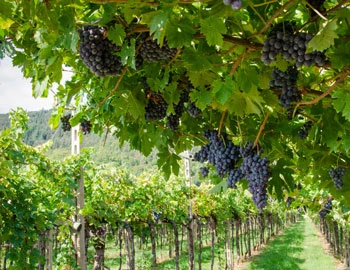
Casa Lupo by Paladin
Casa Lupo is the Paladin family’s Valpolicella “subsidiary” and consists of 25 hectares spread between the towns of Negrar and Illasi in the province of Verona.
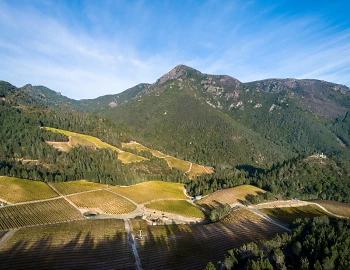
Peter Michael Winery
In the 1970s, Sir Peter Michael came to California as a young engineer and discovered the emerging wine world of California, with some excellent names already drawing international attention.

